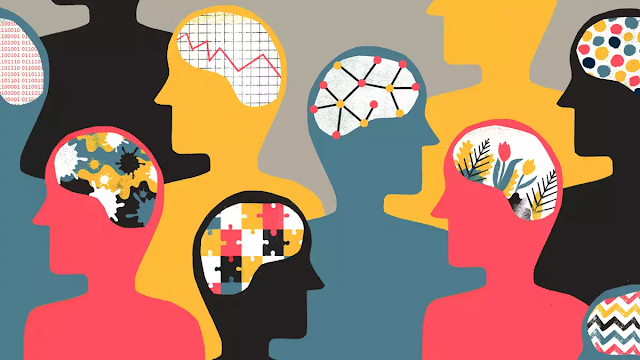Personalizing Mental Health: Exploring the Role of Pharmacogenomics in Psychiatric Medication
In recent years, psychiatry has witnessed significant progress, with an increasing focus on personalized medicine to customize treatments for individual needs. A particularly promising area of study within this field is pharmacogenomics, which investigates the intricate connection between an individual's genetic makeup and their response to psychiatric medications. Understanding the pharmacogenomics of psychiatric medications provides a foundation for personalized treatment approaches, aiming to optimize efficacy while minimizing potential adverse effects.
The Essence of Pharmacogenomics:
Pharmacogenomics is a field that delves into how an individual's genetic variations can influence their response to drugs. Acknowledging the genetic diversity among individuals, this area of study recognizes that genetic makeup can impact how the body metabolizes medications, leading to variations in treatment outcomes. In the context of psychiatric medications, this implies that the effectiveness and side effects of a drug can be influenced by an individual's unique genetic profile.
Genetic Variations in Drug Metabolism:
A fundamental aspect of pharmacogenomics involves the examination of genes responsible for encoding enzymes that metabolize drugs in the body. Cytochrome P450 enzymes, crucial in breaking down medications, can be influenced by genetic variations, leading to either rapid or slow metabolism. This genetic variability affects the concentration of the drug in the bloodstream, subsequently influencing therapeutic effects and potential side effects.
For example, the CYP2D6 gene is integral in metabolizing numerous psychiatric medications. Individuals with specific variations in this gene may metabolize drugs more slowly, resulting in higher drug concentrations and an increased risk of side effects. Conversely, those with rapid metabolism may not achieve therapeutic drug levels, potentially reducing the medication's effectiveness.
Personalized Treatment Plans:
The application of pharmacogenomics in psychiatry empowers clinicians to craft personalized treatment plans based on an individual's genetic profile. By scrutinizing a patient's genetic variations related to drug metabolism, healthcare providers can pinpoint the most suitable medications and optimal dosages, minimizing the trial-and-error approach commonly associated with psychiatric treatment.
This personalized approach is particularly pertinent in cases where individuals may not respond to conventional treatments or experience intolerable side effects. Pharmacogenomic testing offers guidance to clinicians in selecting medications that are more likely to be effective and well-tolerated, ultimately enhancing treatment outcomes.
Reducing Adverse Reactions:
A significant advantage of pharmacogenomics is its potential to diminish the occurrence of adverse reactions to psychiatric medications. By identifying genetic factors predisposing individuals to specific side effects, healthcare providers can proactively avoid prescribing drugs that may pose a higher risk for adverse reactions in certain individuals.
For instance, certain genetic variations are associated with an increased risk of antipsychotic-induced weight gain or metabolic side effects. Knowledge of these genetic factors enables clinicians to choose alternative medications or adjust dosages to minimize these adverse effects, thereby improving the safety and tolerability of treatment.
Challenges and Future Directions:
While the promise of pharmacogenomics in psychiatry is evident, challenges persist, including the need for broader access to genetic testing, standardization of testing protocols, and increased awareness among healthcare professionals. Continued research and technological advancements are crucial to refining our understanding of the complex interplay between genetics and psychiatric medications.
Conclusion:
The integration of pharmacogenomics into psychiatric practice represents a significant stride toward personalized medicine in mental health. Customizing treatment plans based on an individual's genetic makeup has the potential to revolutionize psychiatric care, optimizing therapeutic outcomes while minimizing potential adverse effects. As our comprehension of the pharmacogenomics of psychiatric medications continues to advance, this approach holds the promise of transforming mental health treatment into a more precise, effective, and patient-centered endeavor.




.webp)

Comments
Post a Comment